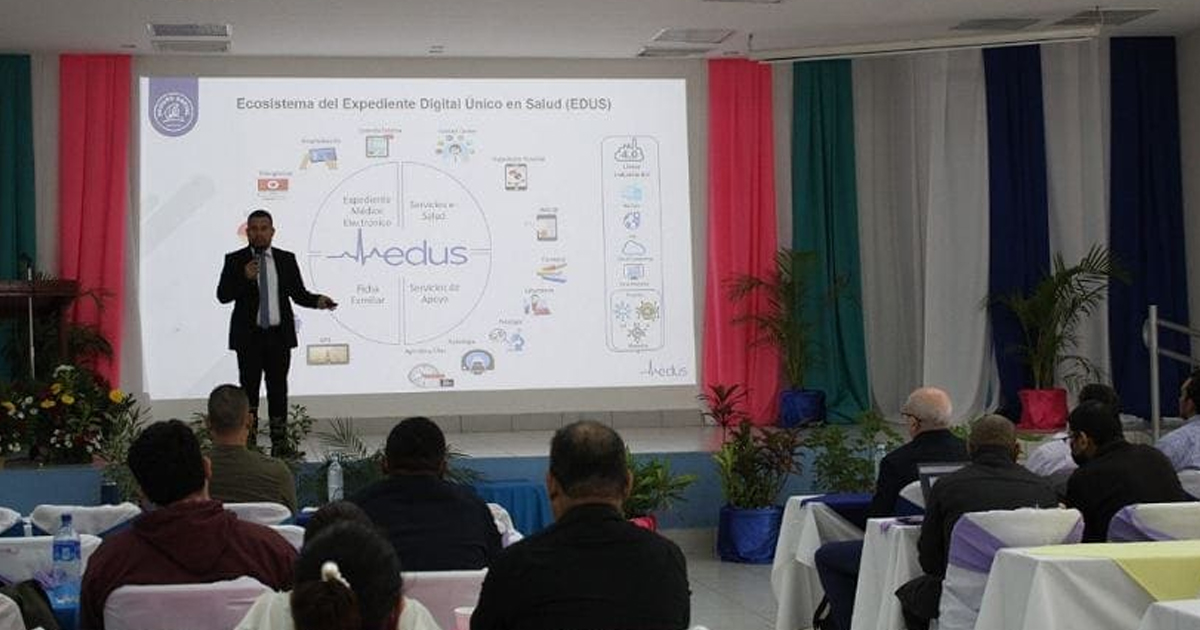Stanford University, through its departments of Genetics, Genetics and Biomedical Data Science, the Clinical Genomics program in collaboration with the Icahn School of Medicine in New York, published the article “Digital Health Applications for Pharmacogenetic Clinical Trials” in the scientific journal Genes.
The article describes the importance of applying technologies in Digital Health through data analysis to better understand health-related behaviors to improve patient-centered clinical care.
“Digital Health is increasingly being used in clinical trials, and an important field that could potentially benefit from incorporating DH into trial design is pharmacogenetics. Prospective pharmacogenetic trials typically compare a standard care arm to a pharmacogenetic-guided therapeutic arm,” the authors explain.
Trials regularly require many participants and in very specific situations and conditions, which is a difficult task for researchers to recruit patients who are willing to participate for long periods of time in clinical research. That is why the use of Digital Health tools, such as medical applications, can reduce the workload of researchers and physicians, specifically in pharmacogenetic clinical trials covered in the article.

Some use cases for Digital Health applications include:
- Automatic electronic health record-based patient screening and recruitment.
- Interactive websites for participant engagement.
- Home- and tele-health visits for patient convenience (e.g., samples for lab tests, physical exams, medication administration).
- Healthcare apps to collect patient-reported outcomes, adverse events and concomitant medications, and to deliver therapeutic information to patients.
- Wearable devices to collect vital signs, electrocardiograms, sleep quality, and other discrete clinical variables.
The research also evaluated the characteristics of remote clinical trials, conducted a review of articles that have completed trials through digital health. The most important features of digital tools detailed in one of the revised articles were: direct data capture, electronic consent, electronic journals and a portable dress patch sensor device.
“Digital Health technologies are increasingly being incorporated into clinical trials to facilitate novel trial workflows and outcomes, decrease participant burden, cost-effective operations, and accelerate scientific discovery,” the researchers concluded.
Check out the full article via the following link: https://www.mdpi.com/2073-4425/11/11/1261/htm






